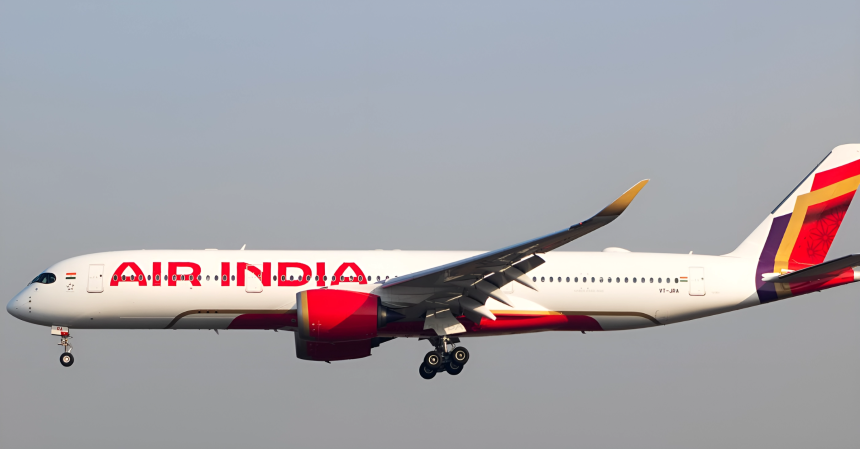Fleet-Wide Safety Checks Complete
Following the tragic crash of Flight AI 171 in June—which killed 260 people—Air India conducted thorough inspections on all its Boeing 787 Dreamliners. The airline’s engineering team confirmed no faults found in the fuel control switch (FCS) locking mechanisms across its fleet .
What Triggered the Inspections
India’s Directorate General of Civil Aviation (DGCA) previously ordered inspections of critical Boeing fuel switches (including 787 and 737 models), after a preliminary probe suggested both engine FCS had moved to ‘CUTOFF’ shortly after takeoff in AI 171. Air India also replaced affected throttle control modules (TCMs), which include the FCS units, across its Dreamliner fleet.
Pilot Error Under the Lens
While no mechanical issues were found, a U.S. source cited in the Wall Street Journal leans toward human action as the cause. A cockpit voice recording captured the co-pilot asking why the fuel switches had been turned off, with no clear answer from the captain—suggesting a manual move rather than system failure.
Aviation Regulators Urge Patience
The Aircraft Accident Investigation Bureau (AAIB) and Air India CEO have urged restraint against speculation. Pilot unions argue that investigations are ongoing, and no definitive verdict has been reached.
Global Precautions Underway
India’s move follows similar checks by South Korea. Worldwide carriers like Singapore Airlines, Qantas, ANA, and Lufthansa have also confirmed Boeing FCS are “functioning properly” after voluntary inspections.
What’s Next in the Investigation
- Final AAIB report expected in coming months, aiming to determine whether human error, system fault, or other factors caused the FCS movement.
- Potential cockpit design review: experts suggest adding video recorders could illuminate future incidents.
- Regulatory action: findings may influence future maintenance mandates or cockpit design changes.
Final Take
Air India’s finding that other Boeing 787s had no FCS issues shifts scrutiny toward pilot action in the deadly AI 171 crash. With mechanical faults largely ruled out fleet-wide, investigators must now explore human factors and cockpit operations—even as global airlines continue vigilance to ensure passenger safety.











